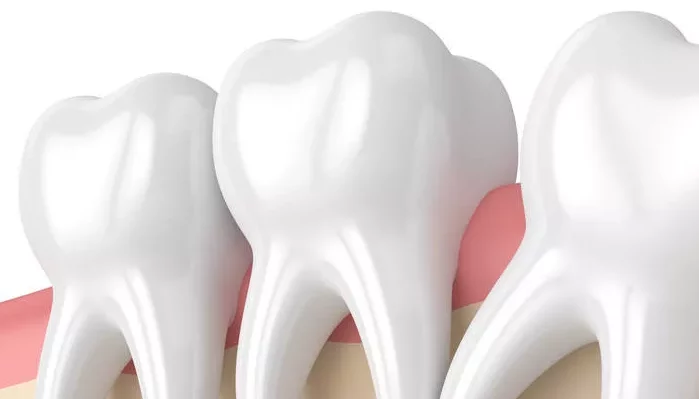Wisdom tooth removal is a common oral surgery that can help those who have wisdom teeth deal with the pain and discomfort they cause. After the removal of wisdom teeth, some people will experience symptoms of ear pain, which may be caused by some complications during the extraction process. In this article, we will go into detail about the process of wisdom tooth extraction, the complications that can be caused, why wisdom tooth extraction causes ear pain, and how to relieve ear pain after wisdom tooth extraction.
The Process Of Wisdom Tooth Extraction
Wisdom tooth removal is an oral surgery that usually needs to be done under local or general anesthesia. Before the procedure begins, the dentist will perform a comprehensive oral examination of the patient to determine the position and condition of the wisdom teeth. The dentist will then use surgical instruments to remove the wisdom tooth from the alveolar bone and close the mouth with sutures. The procedure usually takes anywhere from 30 minutes to an hour.
Possible Complications of Wisdom Tooth Extraction
Although wisdom tooth removal is a common oral surgery, it can still cause a number of complications, including:
Infection: The mouth is susceptible to bacterial infection after wisdom tooth removal, resulting in symptoms such as swelling, pain and fever in the mouth.
Bleeding: After wisdom teeth removal, the wound in the mouth may bleed and need to be treated promptly.
Dry mouth: After wisdom teeth removal, the mouth may feel dry and uncomfortable, which may be due to the effects of local anesthetic drugs.
Swelling of the mouth: After wisdom teeth removal, the tissues around the mouth may swell and need to be properly treated.
Why Will Removal of Wisdom TeethCause Ear Pain?
During wisdom tooth extraction, the dentist uses force to remove the wisdom tooth from the alveolar bone. This can cause the surrounding tissues and nerves to become compressed and irritated, causing symptoms of ear pain. In addition, after wisdom teeth are removed, the tissue around the mouth may swell, which may also cause symptoms of ear pain.
How to relieve ear pain after wisdom tooth removal?
If you experience ear pain after having your wisdom teeth removed, here are some ways to relieve the pain:
Keep your mouth clean: Keeping your mouth clean can help prevent infections and reduce symptoms of mouth pain.
Use an ice pack: After wisdom teeth are removed, ice packs can be used to reduce swelling and pain around the mouth.
Avoid smoking and drinking: Smoking and drinking can cause great harm to oral health and should be avoided as much as possible.
Avoid chewing hard objects: After wisdom teeth are removed, you should avoid chewing hard objects to avoid damage to the mouth.
Use pain relievers: Over-the-counter pain relievers can be used to reduce pain symptoms in the mouth and ears.
Consult a doctor: If the symptoms of ear pain persist for a long time, or are accompanied by other symptoms, such as fever, swollen mouth, etc., you should seek medical advice in time.
Conclusion
Wisdom tooth removal is a common oral surgery that can help those who have wisdom teeth deal with the pain and discomfort they cause. After the removal of wisdom teeth, some people will experience symptoms of ear pain, which may be caused by some complications during the extraction process. Possible complications of wisdom tooth removal include infection, bleeding, dry mouth and swelling of the mouth. When the symptoms of ear pain occur after wisdom tooth removal, the symptoms of pain can be relieved by keeping the mouth clean, using ice packs, avoiding smoking and alcohol, avoiding chewing hard objects, using painkillers, and seeking medical advice.
Related topics:

